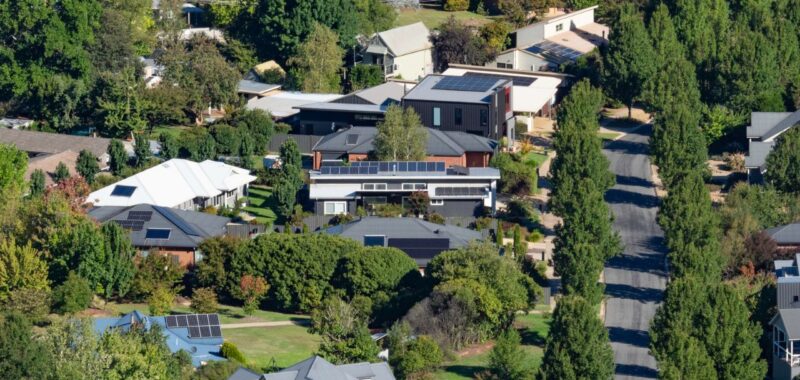PropTrack Senior Economist Angus Moore said investor loans have risen substantially over the past 18 months following a quieter period during the initial interest rate hikes.
“We’re seeing investor activity reach levels not witnessed in nearly a decade, following a period of reduced activity from mid-2022 into 2023 when the Reserve Bank began its tightening cycle,” Mr Moore said.
“This resurgence is likely being driven by extremely tight rental markets across the country, with rental availability remaining at critically low levels and rents continuing to grow at a significant pace.”
Mr Moore said that while non-investor activity has also increased, it hasn’t matched the pace of investor growth.
“Investors now represent a substantial portion of new lending – approaching record highs in some smaller states and nationally reaching levels not seen since 2017,” he said.
“This trend reflects growing confidence in the property market despite the challenging economic environment.”

The Victorian market stands as the clear outlier according to the data, with investor participation significantly lower than other states.
“Victoria has not experienced the same investor resurgence we’re seeing elsewhere,” Mr Moore said.
“Interestingly, investor sales represent around three in ten listings in Victoria – similar to Sydney but higher than other states – creating an imbalance where investor-owned properties are being sold but not replaced at the same rate.”
This trend is having measurable impacts on Victoria’s rental market, with data from the Victorian Residential Tenancies Bond Authority showing a decline in active bonds over the past year.
“The reduction in active bonds serves as a proxy for occupied rental properties and indicates a shrinking rental pool in Victoria,” Mr Moore said.
“This contraction is likely exacerbating the already limited rental availability and putting additional pressure on rents across the state.”
Despite these pressures, Mr Moore pointed out that Melbourne’s rental growth, while rapid, remains less severe than in other capital cities.
“Victoria currently stands as Australia’s most affordable state for renters, which paradoxically may be contributing to lower investor interest,” he said.
“The relatively slower rent growth compared to other states could be deterring investors, and recent policy changes around land tax may also be influencing investment decisions.”
Looking ahead, Mr Moore suggested that market conditions might soon attract investors back to Victoria.
“As interest rates continue to fall and with Melbourne home prices now lower than both Adelaide and Brisbane, we may see investors redirecting their attention back to the Victorian market in the coming months,” he said.

